We see different things even when we are looking at the same picture. When CBN asked MTN to return the $8.1 billion dividends it “illegally” repatriated between 2007 and 2015, I was not thinking about MTN or CBN. Rather, my mind was on Econet, the ancestor of Airtel. Econet and MTN launched operations in Nigeria in 2001. Three Nigerian states — Lagos, Delta and Akwa Ibom — invested heavily in Econet, owned by a Zimbabwean. Suddenly, the states sold their shares for no intelligent reason. The only thing we knew was that the buyers of those shares happened to be fronts for politicians. Individuals, rather than the states, became the ultimate beneficiaries.
Imagine how much the three states would have been receiving in dividends today. If MTN’s foreign investors could net an annual average of $1 billion in eight years, we can guess, at the minimum, that the Nigerian states would have earned around $3 billion from their Econet investments during the period (warning: I’m just guessing based on mental calculations). Clearly, the sale of the shares was not for any economically sound reason; that I can say for free. The way things go in Nigeria, there must be a fraud component to every single transaction. There is hardly anything straightforward in Nigeria. Even to put a dead body in the mortuary has a fraud component.
One of the biggest lies you have ever been told is that some states in Nigeria are not viable. Those who make the argument build their thinking on one pillar: the oil revenue-fuelled federation allocation. Their calculation is that if there is no (or low) federation allocation, most states would collapse. And we know, and everyone knows, that the federation allocation is nothing without the oil revenue. Take away the oil money from the central pot and most states would not be able to pay salaries, much less fund the utilities or embark on a single project. Based on this oil-propelled calculation, many analysts have suggested that some states need to merge.
Indeed, it has been suggested that Nigeria should be re-arranged into six regions so that the federating units can be economically stronger. We seem to have concluded that the viability of states is proportionately related to the size of their federation allocations. It makes sense to a large extent. Many states are unable to pay salaries the moment allocations drop, either because of low oil prices or low oil production or both. The monthly meeting of the Federation Accounts Allocation Committee (FAAC), which shares the money, is one of the most important gatherings on earth. Our happiness is tied to the price of oil. When it is high, we are high. When it is low, we are low.
Advertisement
But verily I say unto you: there is no single Nigerian state that is not viable. No, I am not talking about solid minerals. Let’s not even go there. Anytime I argue that all Nigerian states are viable, I am told, “Yes, every state has solid minerals.” For once, let’s get over our obsession with mineral resources. This obsession has done enough damage to the progress of Nigeria and psyche of Nigerians. It is at the root of every poisoned discussion about Nigeria. When crude oil price fell below $30 in 2016, I noticed that the clamour for “resource control” and “fiscal federalism” died down a bit. Take away the oil money from the debate and there is nothing to fight over again.
The argument that some states are not viable can be easily defeated. My principal witness this morning will be Luxembourg, a tiny European country. With a landmass of 2,586.4 square kilometres, Luxembourg is half the size of Toro LGA, Bauchi state. And with a population of 602,005, Luxembourg is less populous than Oshodi-Isolo LGA in Lagos state. But its GDP, built around industry, agriculture and banking services, is $72 billion — more than the combined GDP of Lagos, Rivers and Delta states, Nigeria’s top three states by GDP ranking. Countries are developed by brains, not landmass, population or allocation. We must let that sink into our heads appropriately.
If viability is determined by population, Luxembourg is not viable to be a state much less a country. Even a local government in Borno would be more viable than the European country based on the population factor. If viability is determined by population, Luxembourg is not more qualified than any state in Nigeria. If viability is determined by natural resources, Luxembourg would have perished since. Banking services form the largest sector of the economy; it is, in fact, rated as one of the most competitive financial centres in the world. The country also manufactures steel. And, if this would interest us, its farmers are good producers and exporters of meat, dairy products and wine.
Advertisement
In Nigeria, we have reduced our thinking capacity to federation allocation. We blow up population figures in order to collect more money from the central pot because our brains have been saturated with oil money. Every discussion starts and ends with “sharing” the national cake. If our revenue distribution formula is such that the more your population is, the more you have to contribute to the federation account, states would start reducing their population figures in order to contribute less to the central purse. It is this obsession with “sharing” that has stunted our capacity to think. Take away the oil and we are as naked as fried chicken.
As we mark our 58th Independence Anniversary, my desire is that we would refocus the development debate. Rather than grumbling and moaning about our arrested development, we should be putting on our thinking caps. Until the component units of Nigeria are economically fortified, we will continue to have a misguided, misdirected and fruitless debate about national peace and development. The prosperity of Nigeria will never be determined by FAAC. It will never be determined by federal appointments and federal projects. All these are about “sharing national cake”. The focus should be on how to “bake” the national cake in the first place.
A Zimbabwean farmer who worked in Shonga, Kwara state, some years ago told a colleague of mine: “With what I can see in this community alone, Nigeria’s potential is scary.” Others see prospects, we see problems. Nevertheless, I have three proposals on how states can become viable so that the government can become smaller in our lives. One, states can set up and run companies. Two, states can invest in companies. Three, states can create the environment to attract companies that will boost economic activities and push up internally generated revenue. These three proposals are not mutually exclusive — you can have the three together. I will explain these options in brief.
One, any state could have floated a telecoms company to bid for a GSM licence in 2001. It would be making the billions. Any state or group of states could have set up a mobile phone assembly plant or oil company and be making the billions. Any state or group of states could have set up a massive cattle ranch, comparable to the ones in Denmark, and be making billions from export of beef and dairy. However, I will not favour this option. Publicly owned companies in Nigeria are a sham, built around collecting subventions and perpetrating fraud. I don’t know of any government-run company in Nigeria that functions optimally. In other countries, such as China, they are profitably run.
Advertisement
Two, states can actually invest in companies offering these services, the same way Lagos, Delta and Akwa Ibom invested in Econet before the heist. This is pure investment. The management of the companies will NOT be run by government appointees. We have a similar model with the NLNG company in which the Federal Government of Nigeria has a 49% stake but the oil majors own 51% and manage the entity. We are reaping billions of dollars in dividends every year. There is no law that bans Bayelsa or Benue from investing in a productive company in a similar manner. I have read the “useless” 1999 constitution again and again and I can’t find any hindrance.
Three — and the one that is, to me, the most desirable but the most unlikely — is for the states to create the right environment and encouragement for investors. With productive and booming local economies, states will start to generate enormous revenue from various tax handles at their disposal. Enormous revenue from industries, enormous revenue from jobs created, enormous revenue from the entire value chain. Nothing in the constitution forbids this. But I must admit this is the most difficult option for us — it requires using the brain. But who wants to use any brain when there is a FAAC meeting holding in Abuja next week?
Space will not allow me to elaborate on how Plateau state could be exporting wine, or how Jigawa could be producing thousands of ICT experts, or how Ondo could be home to chocolate-exporting companies. As Nigeria clocks 58, the biggest unaddressed challenge remains the notion that our lives are tied to petrodollars and federation allocation. I will argue, and keep arguing until somebody finally listens to me, that every state has the capacity to survive, thrive and flourish — without a single kobo from oil revenue. Our brains need to be restructured to start thinking and acting intelligently. The scariest thing about Nigeria is our amazing potential. Happy anniversary!
AND FOUR OTHER THINGS…
OSUN TEST-RUN
Advertisement
I have a few questions to ask about the Osun governorship election, which ended in favour of APC. Why were Osogbo results on Saturday the last to be announced even though Osogbo was the collation centre? Was INEC waiting to see how other results would go? Was the re-run a way of manipulating the outcome when results didn’t favour the favoured? Why was there so much peace and security in polling units won by APC in the re-run while PDP-dominated areas were controlled by thugs, who chased away voters, observers and reporters, in the face of minimal police presence? Is this re-run a test-run of the 2019 general election? Worrisome.
ON AMBODE
Advertisement
As APC elects its governorship candidates today and tomorrow through direct and indirect primaries, all eyes will be on Lagos, where the incumbent, Mr. Akinwunmi Ambode, is fighting for his political life. The news in town is that Asiwaju Bola Tinubu is planning to unseat him. Since 1999, Lagos has always represented, to me, the progress that is possible in the pathetically underperforming Nigerian federation. Tinubu started the race and Ambode has stayed in the lane, minus a few expected hiccups. Many are asking: why ditch Ambode? But then you are only as good as your political backbone. If Ambode survives the blitzkrieg, it will be a major miracle. Tough.
D’TIGRESSES PURR
Advertisement
Nigeria’s female national team, D’Tigress, stunned the world by making it to the quarter-finals of the FIBA Women’s World Cup in Tenerife, Spain. It was a first for us. I was in no way disappointed that we eventually lost to the US team on Friday — leading the defending champions by 17-9 in the first quarter was as good as winning the World Cup in my books. We should be proud of the progress of our ladies. In 2015, their male colleagues, D’Tigers, became African champions for the first time, crushing the traditional favourites, Senegal and Angola, in their wake. What this tells me, essentially, is that it is high time the government took basketball as a priority. Promising.
AND FINALLY…
Advertisement
Dr. Olusegun Mimiko, former Ondo state governor, is a few steps from strolling into the Guinness World Records. Having started off as a member of the Alliance of Democracy (AD) in 1999, he joined the Peoples Democratic Party (PDP) in 2003 and left for the Labour Party (LP) in 2007 to run for governorship. Towards the end of his eight-year tenure, he moved back to PDP. Three months ago, he returned to LP for “personal reasons”. Finally, he has left LP for — I didn’t make up this name — the Zenith Labour Party, accusing APC national chairman, Comrade Adams Oshiomhole, of using labour unions to hijack the party. Where next? GTB Labour Party? Comical.
1 comments

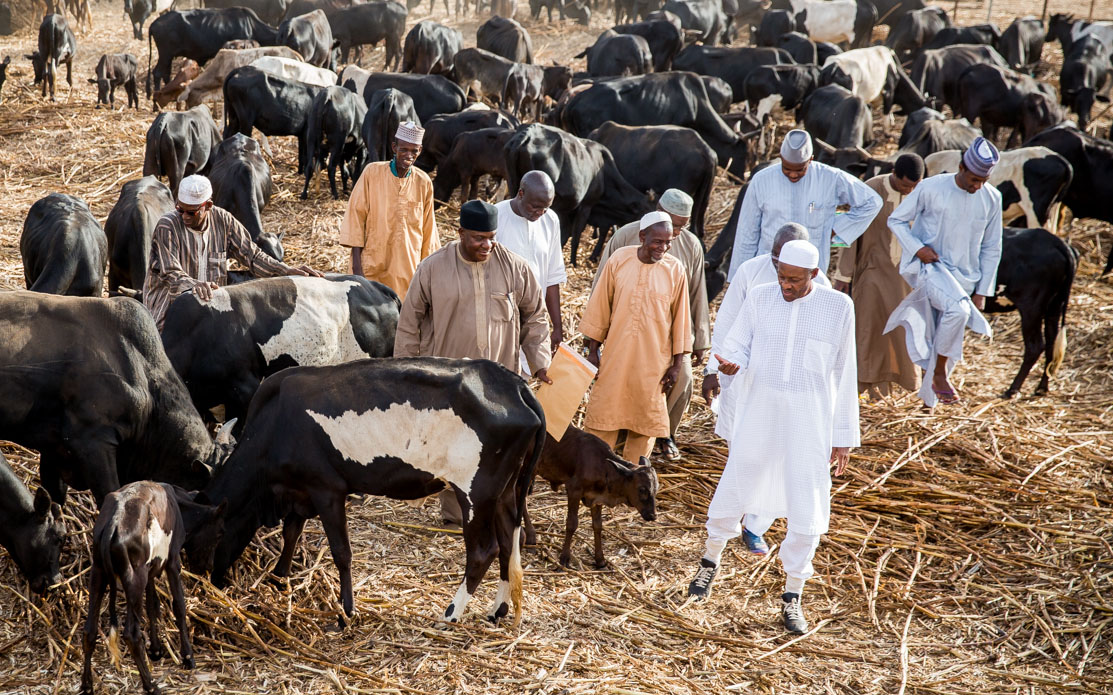
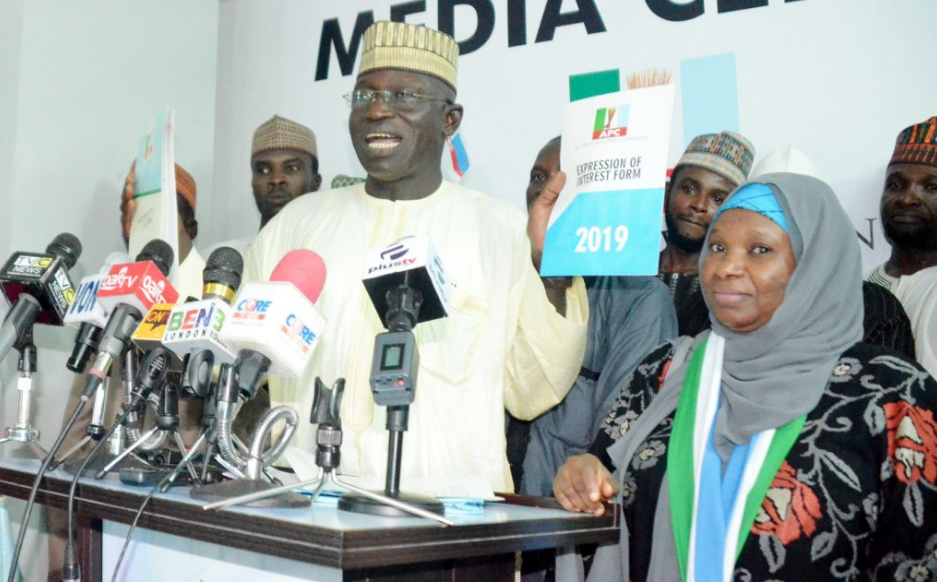

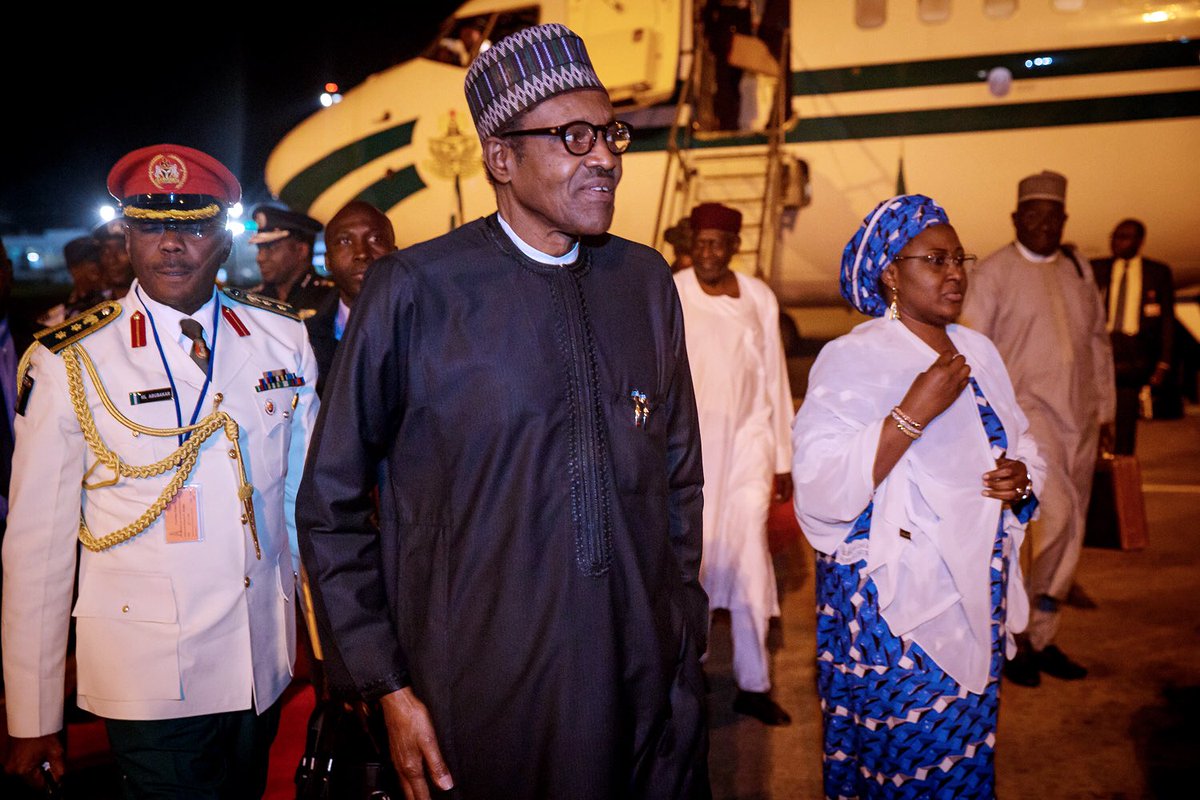
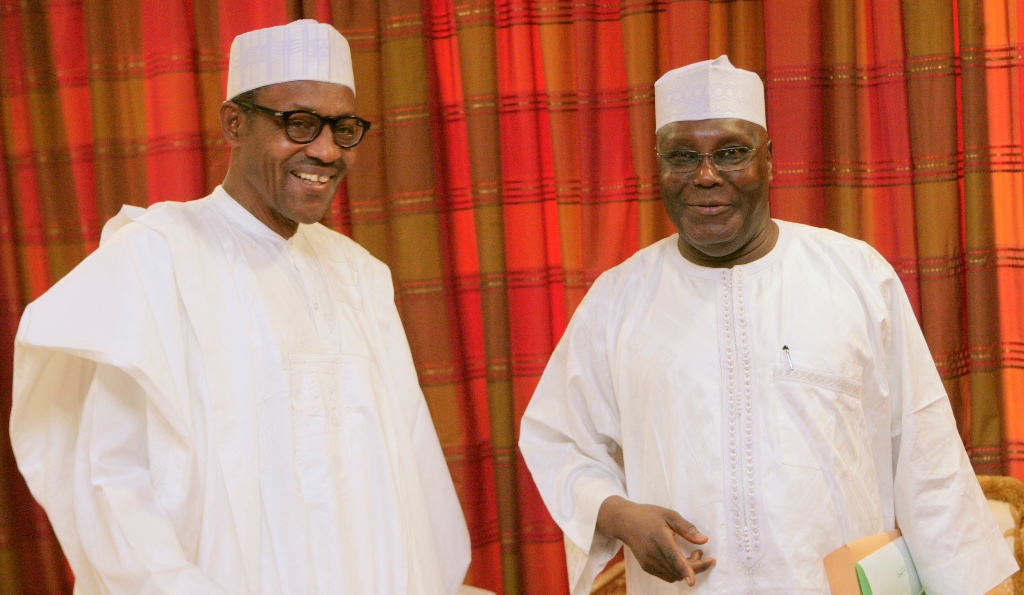
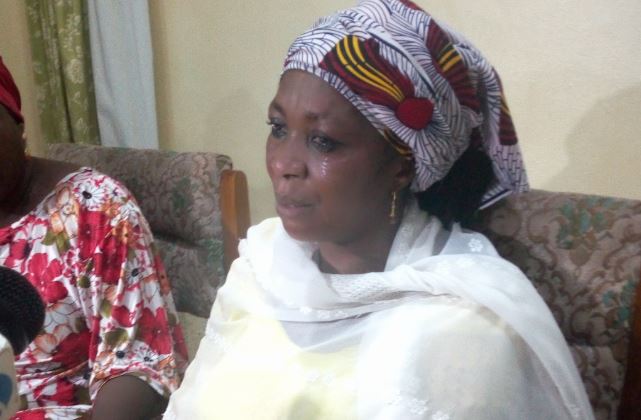

A good piece indeed.I hope those in authority will as a matter of importance create time to read this column for a better country and society.More grease to your elbow,Mr Simon.
Please keep it up.